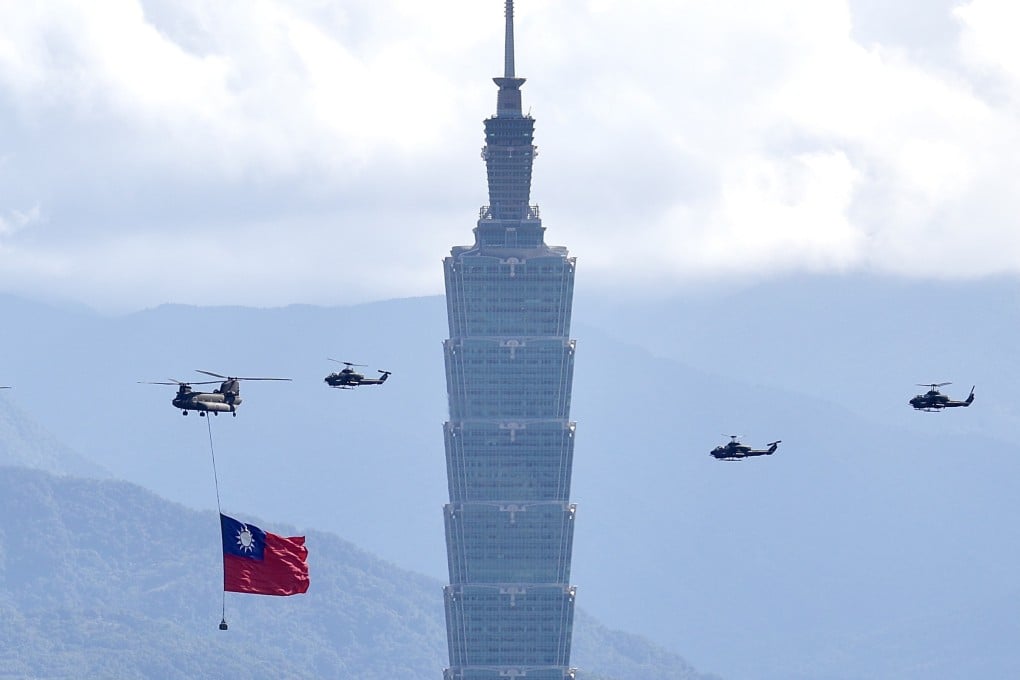Advertisement
Most Taiwanese think Japan would help in war with mainland China. Japanese not so sure
- A recent poll found nearly six in 10 Taiwanese thought Japan could send troops to defend the island if a conflict with Beijing broke out
- But the mood in Japan is different. Tokyo’s constitution limits its military options, while many of its young are too comfortable to consider fighting. Unless the violence spreads to Okinawa, that is, in which case all bets are off
4-MIN READ4-MIN
68

While a poll last month showed most Taiwanese respondents did not think there was an imminent likelihood of war, despite growing cross-strait tensions, about 58 per cent believed Japan would possibly send troops to help with the self-ruled island’s defence in the event of conflict.
Some 35 per cent of the 1,075 people polled by the Taiwanese Public Opinion Foundation did not anticipate Japanese military assistance, while 28.5 per cent did not believe they would get help from the United States.
But for academics and analysts in Japan, the findings do not accurately represent the mood on the ground. Indeed, there is widespread sympathy for Taiwan due to the pressure Beijing is exerting on it, and growing distrust towards China given its deteriorating relations with the US and its assertive moves in the East China Sea.
Advertisement
Yet, Tokyo is limited by its pacifist constitution in employing its Self-Defence Forces and neither will there be a rush of young people signing up to volunteer for military duty, experts say.
“Basically, under the constitution as it is today, it would be very difficult for Japan to provide military assistance directly to Taiwan,” said Toshimitsu Shigemura, a professor of international relations at Tokyo’s Waseda University.
The US has urged Taiwan to improve its defence capabilities and maintain a strong reserve force, while US President Joe Biden has confirmed that Washington is committed to Taiwan, even as it maintains a “one-China” policy.
Advertisement
Select Voice
Select Speed
1.00x